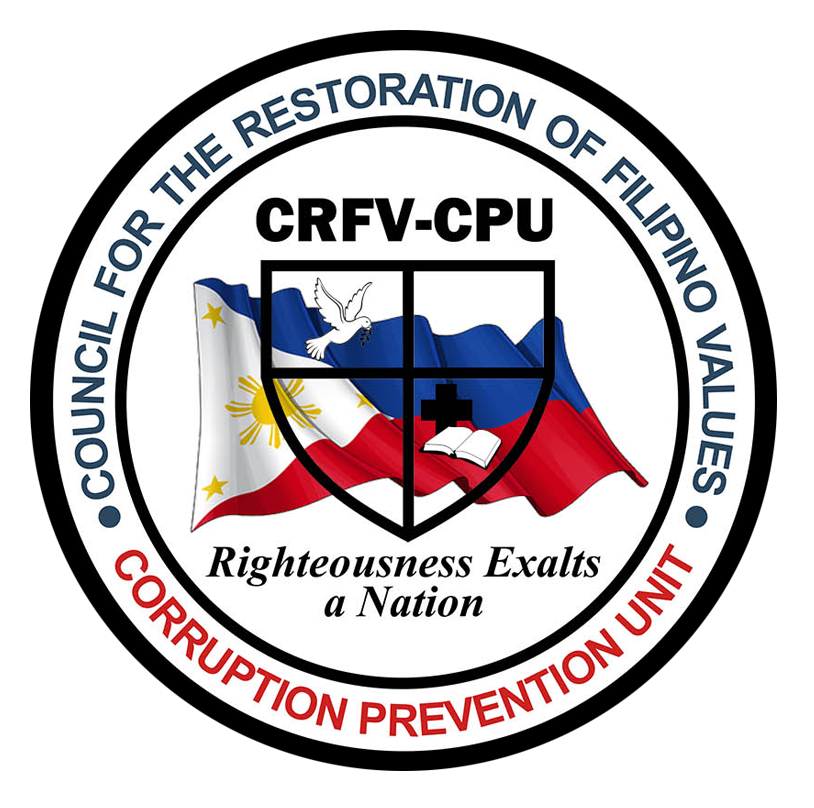|
Accountability is the readiness to give account to what is duly forthcoming. If we are to be audited by God today, are we ready? Have we done enough? What have we done with our skills, talents, and abilities? What have we done with the things He has given us?
These questions can also be asked to those who assume leadership functions in public office, elective or appointive. Elected officials are to give account to the electorate who entrusted to them such privilege in the exercise of their right of suffrage. In the same manner, the appointed officials will give account to the people, represented by the appointing authority, who believe that they will do well in their public functions during their stint in office. This gives meaning to the constitutional provision that “public office is a public trust”. Leadership positions are not for personal aggrandizement or fame but for service to the public. The same principle applies to subordinate employees in government service. The high standard of public service is expected to be rendered by them to the taxpayers who religiously contribute for the revenues of the nation to be allotted for compensation and other government expenditures. The Code of Conduct and Ethical Standards for Public Officials and Employees enforces the value of accountability. It is clearly implied in the norms of conduct such as commitment to public interest, professionalism, justness and sincerity, political neutrality, responsiveness to the public, nationalism and patriotism, commitment to democracy, and simple living. All of these promote the observance of accountability to the public including the submission of annual performance report and other related provisions as mandatory requirements. Our laws, however, are not bereft of provisions that require accountability even to the private sector. It is expected to those in the corporate world. Licenses and permits given to the business sector were issued for a reason. Inclusive of the right to operate is the protection of the general welfare, environmental care, compliance to reportorial requirements, payment of fees and dues, strict observance of standards enforced by regulatory agencies, and other obligations attached to it. They cannot engage into corrupt practices by getting consent from abusive rulers to do their wicked schemes at the expense of the health and safety of the general public. Taking into consideration the value of accountability, it is always a two-way process. Accountability is expected to both sides – from whom the benefits or privileges are given and to whom the benefits or privileges are rendered. This makes every citizen become accountable also. As citizens of the country, we must do our part to make this nation progressive. The government is trying to do its role in alleviating the lives of every Filipino. There are subsidies amounting to millions of pesos being distributed by the government in order to uplift the lives of every family called “Pantawid Pamilyang Pilipino Program”. The same is true with the social amelioration funds during this pandemic. Notwithstanding all these, it is too disappointing to hear those recipients who simply misuse their grants into gambling and other vices. Indeed, there is a call for accountability to all stakeholders of this nation, both young and old, rich and poor, leaders and subordinates, and public and private sector. It must be an embodied tenet if we are to save this nation from imminent downturn. As the Civil Code has emphasized, “every person must, in the exercise of his rights and in the performance of his duties, act with justice, give everyone his due, and observe honesty and good faith”. (NAS, CRFV)
0 Comments
Leave a Reply. |
CRFV Winning TeamA company of men and women who have committed their lives to the cause of national transformation. Archives
July 2024
Categories
All
|
Our Services |
Our Organization |
SupportSupport Page
FAQ Terms of Use |
Copyright © 2015 | Baguio City, Philippines 2000 | 074-424-1497 | [email protected]


 RSS Feed
RSS Feed
